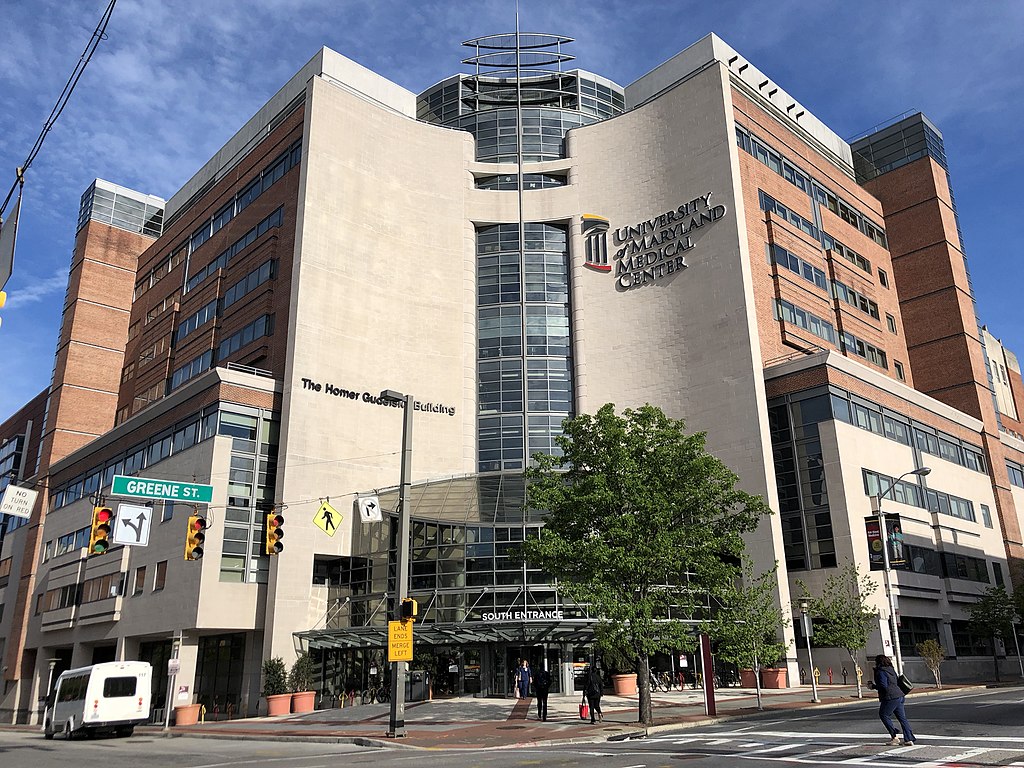
Firstly, it contributes to our knowledge of what security actually is. It adds something new to the existing literature in a number of ways. This paper is an attempt to deepen our understanding of the ways in which security affects well-being. Particularly valuable is his analysis of the contribution that security makes to well-being, which he investigates from the perspectives of hedonic, desire-satisfaction, and objective-list theories of well-being (2019). But the most important source to be acknowledged here is the work of Herington ( 2015, 2017, 2019). John ( 2011) has developed a stimulating argument for considering physical security a constituent of well-being. Wolff and De-Shalit ( 2007) have provided an illuminating account of the ways in which people are disadvantaged when their functionings are or become insecure. Waldron ( 2003, 2006) has done useful exploratory groundwork on the concept and value of security. There are a couple of notable exceptions. Nonetheless, thinkers in contemporary analytic political philosophy have paid rather little attention to the topic of security. The corona pandemic compromises security of our health and that of our loved ones, flexibilisation of labour makes job and income security less accessible for a large part of the workforce, and climate change leads many to worry about their future living environment. Around the world people currently seem concerned about security of many different kinds of goods. Questions about security and well-being are clearly relevant in today’s society as well. John Stuart Mill ( 1871) described security as “the most vital of all interests”, stating that “e depend on it for all our immunity from evil” and “for the whole value of every single good that goes beyond the passing moment because if we could be deprived of anything the next instant by whoever was at that moment stronger than ourselves, nothing could be of any worth to us except the gratification of the instant” (p. According to Jeremy Bentham ( 1843), “we must consider that man is not like the animals, limited to the present, whether as respects suffering or enjoyment but that he is susceptible of pains and pleasure by anticipation and that it is not enough to secure him from actual loss, but it is necessary also to guarantee him, as far as possible, against future loss” (p. Two great utilitarian thinkers already addressed the significance of security for people’s well-being back in the 19 th century. It seems plausible that human beings have always found their well-being importantly to hinge on security of goods, be it at first perhaps only of food and the tools used to procure that food. In a way, these are old and familiar issues. But why exactly would security of something that contributes to a person’s well-being, also itself contribute to her well-being? Are there ways in which security of a good might actually be bad for someone? Just how much security should we aim to create for ourselves? These are the questions that concern me here. It applies to security of all things that contribute to a person’s well-being, such as her health, her income, or her relationship. This is not only true for security of bodily integrity, that is, security in the narrow sense of the word.

And security, we feel intuitively, is good for people. But most importantly, we consider such a contract more valuable because it gives the worker more security. If this data is unavailable or inaccurate and you own or represent this business, click here for more information on how you may be able to correct it.Why do we consider a worker with a permanent contract better off than one on temporary hire? To some extent, this has to do with the symbolic value of a permanent contract: it serves as a sign of recognition and trust on the part of the employer vis-à-vis the employee.


VIEW ADDITIONAL DATA Select from over 115 networks below to view available data about this business.


 0 kommentar(er)
0 kommentar(er)
